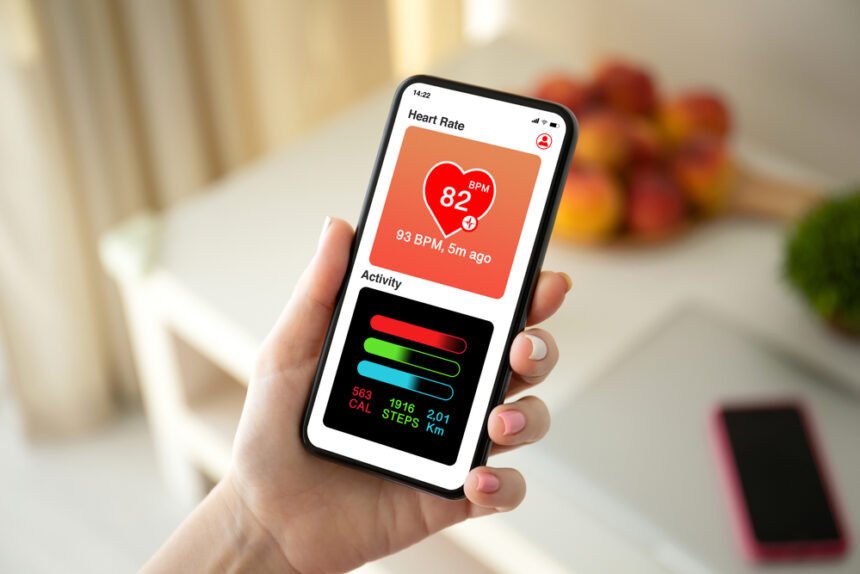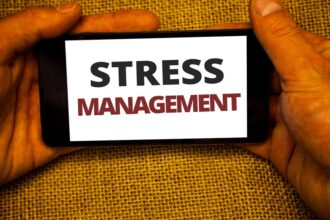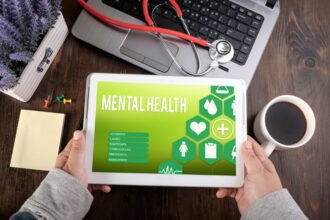Ever since the pandemic began, a lot of people started losing control over their mental health, especially when they couldn?t even consult a psychiatrist amidst the lockdown. The only way to communicate with other humans is through digital technology such as smartphones and computers.
However, mental health is a very sensitive aspect of life and requires a specific approach for diagnosis. To meet the effort required for healthcare app development, even the most experienced medical service providers begin wondering.
Building a mental health application needs a keen understanding of psychological, functional, and design components to help users overcome their mental barriers. There can be several possibilities of mistake ? the mechanism may not be motivating enough or the design may be alienated.
If your mental health application isn?t up to the level, the users might abandon it due to lack of developer support, the list is never-ending. This article will help you find important information required to make a feature-rich mental health mobile application that too at low cost. What else do you need?
Just Because No One Else Can Do Your Inner Work Or Heal You, Doesn?t Mean You Should, Can, Or Need To Do It Alone!
The very-first mental health solution designed for smartphones was designed for people suffering from post-traumatic stress disorders. Nowadays, the market share of mental health apps has outgrown the numbers. Here?s what the stats say about it:
? According to a survey conducted by the Mobile Health News, more than 64% of adults in the United States use a smartphone app to measure their basic health metrics.
? Another survey conducted by Mobile Health News revealed that 71% of patients admitted that it would be very helpful for their physicians to have access to their health data through their mobile app.
? An article published by Kay?s Harbor stated that more than 84% of healthcare provider use mobile applications for post-treatment patient discharge support.
? Research conducted by PWC concluded that there has been an investment of $12.5 billion in digital healthcare app development during the time frame of 2017 and 2018.
Although you?d still admit that a therapist is a more reliable option, it takes a lot of time to find a professional and requires a lot of money to cover the cost of a consultation. If designed well, an app for emotional health can prevent numerous health issues.
Features You Must-Include in a Mental Health App
When it comes to mental health, self-care and good sleep should be at the top of your priority list. Here?s a list of features that?ll allow you to make the most and adopt the full potential of digital acceleration in healthcare app development a lot more efficient and useful for the users:
1. Trigger Checkers
A mental health app with a feature to note down triggering situations allows a user to do a self-analysis and determine how they respond to certain situations. This data can be used while consulting with a therapist to find an ideal solution.
2. Community Discussions
When you have someone to talk to, dealing with stress and mental health problems becomes a lot easier. With a community feature in your application, you can help users feel comfortable. However, make sure the spaces are being moderated properly.
3. Sleep Tracking
If people need to work on their sleep schedule, your application should be able to help them through a sleep tracking feature. It can either analyze the sleep time automatically or manually be added by the user. This will allow them to maintain good productivity and stability. A lot of great sleep trackers have reached the market over the years, including Beddit.
4. Checklists and Calendar
According to a study, people experience far fewer breakouts when they do everything in an organized manner. Include a checklist and calendar feature in your application to help users live their lives in an organized way. Moreover, motivate them by adding a small reward in the end.
5. Meditation Guides
Meditation apps are growing day by day due to the increasing demand. Meditation and sessions of mindfulness are a great way to improve mental health in your everyday life. You can include breathing techniques, guided meditation, and soothing sounds in your application to help users enjoy a positive aura around them.
6. Data Sharing
As stated above, a lot of users feel it would be helpful for a patient?s healthcare provider to gain insights into their health data through a mobile phone. Allow your users to export their data in a well-formatted manner and share it with their healthcare experts.
7. Medicine Reminders
If your application user has to take several medicines multiple times a day, they should have a reminder feature in your application. This will ensure that they never miss any dose and follow their medicinal cycle properly for better treatment.
The Takeaway
When it comes to the healthcare app development, even the slightest mistake can take your user-base away from you. Therefore, make sure you keep the above tips in mind to make your mental health app feature-rich and helpful for users.










